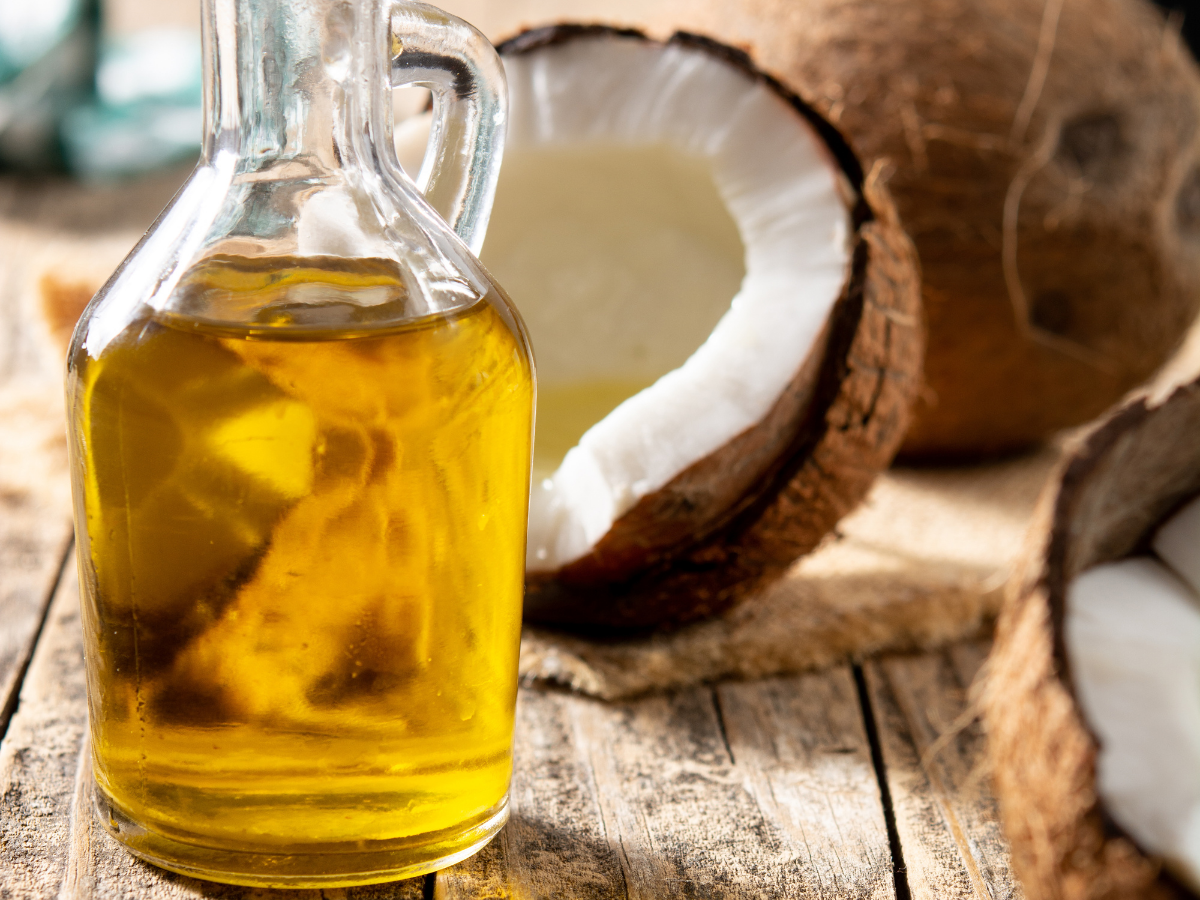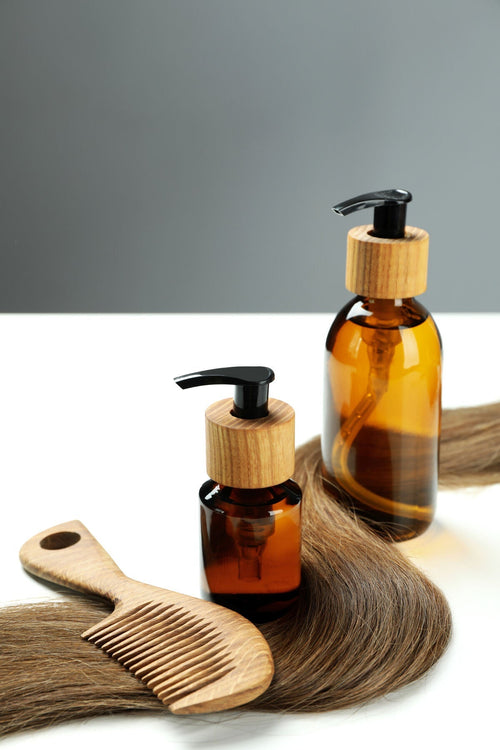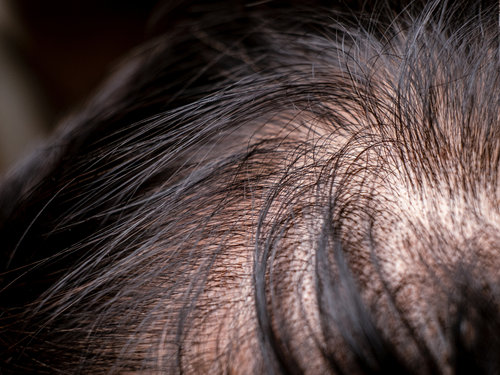Sunflower Oil vs Coconut Oil for Hair: Which Is Better for You?

If you’ve been browsing beauty tips or TikTok hair hacks, chances are you’ve come across the benefits of both sunflower oil and coconut oil for hair. These two natural oils are staples in Filipino households—not just for cooking, but for self-care, too. But when it comes to hair health, growth, and shine, which one actually delivers better results?
In this guide, we break down the key differences, benefits, and best use cases for sunflower oil vs. coconut oil. Whether you're dealing with dry strands, frizz, dandruff, or thinning hair, we’ll help you figure out which oil suits your hair type and goals. We’ll also explore which oil works best under different weather conditions in the Philippines, how to layer them with other treatments, and common mistakes to avoid.
Why Use Oil on Hair?
Oils have been used for centuries to nourish and protect hair. They:
-
Lock in moisture
-
Prevent protein loss
-
Add shine and smoothness
-
Support scalp health
-
Reduce breakage and split ends
Hair oiling is especially relevant in tropical climates like the Philippines, where heat and humidity can lead to dryness and frizz. Natural oils act as protective barriers while restoring lost moisture, especially for those who frequently color, style, or bleach their hair.
If you’re also interested in tackling thinning hair or early hair loss, check out our full guide to hair fall solutions.
Sunflower Oil: Lightweight Hydration
Sunflower oil is extracted from sunflower seeds and is rich in linoleic acid, vitamin E, and antioxidants. It's known for being light, non-greasy, and easily absorbed.
Benefits of Sunflower Oil for Hair:
-
Moisturizes without weighing down hair
-
Rich in vitamin E, which supports scalp circulation
-
Helps smooth frizz and seal split ends
-
Ideal for people with fine or oily hair
-
May help reduce scalp inflammation
Best For:
-
Lightweight hydration
-
Daily styling without buildup
-
Taming flyaways
-
Protecting colored or sun-exposed hair
-
Humid weather hair management (non-heavy moisture)
This study published in the International Journal of Trichology found that linoleic-rich oils like sunflower oil can help preserve the hair’s lipid barrier, improving strength and reducing dryness.
Coconut Oil: Deep Repair
Coconut oil is rich in lauric acid, which gives it a high affinity for hair proteins. It penetrates the hair shaft deeply, making it ideal for damaged or porous hair.
Benefits of Coconut Oil for Hair:
-
Reduces protein loss in damaged hair
-
Strengthens and repairs dry or chemically treated strands
-
Fights fungal buildup (great for scalp issues like dandruff)
-
Adds a natural shine and softness
-
Can help prevent lice due to its natural antimicrobial properties
Best For:
-
Deep conditioning
-
Frizz control for thick or curly hair
-
Repairing heat-damaged or bleached hair
-
Scalp health and dandruff control
-
Dry season hair recovery (ideal for cooler months or high heat exposure)
A landmark study by the Journal of Cosmetic Science confirms that coconut oil outperforms many other oils in preventing protein loss—especially in chemically treated hair.
Key Differences: Side-by-Side
|
Property |
Sunflower Oil |
Coconut Oil |
|
Absorption |
Light, surface-level |
Deep penetration |
|
Hair Type |
Fine, oily, low-porosity |
Thick, dry, high-porosity |
|
Texture |
Non-greasy, lightweight |
Thick, may feel heavy |
|
Benefits |
Shine, softness, lightweight moisture |
Strength, repair, deep hydration |
|
Scalp Use |
Soothing, nourishing |
Antifungal, deeply moisturizing |
|
Ideal Use |
Leave-in styling oil |
Pre-wash deep treatment |
Which One Should You Use?
Choose Sunflower Oil if:
-
Your hair gets greasy quickly
-
You have fine, straight, or low-porosity hair
-
You want a daily serum or leave-in treatment
-
You’re looking for a gentle, lightweight product
-
You need help taming frizz without buildup during humid months
Choose Coconut Oil if:
-
Your hair is dry, frizzy, or heat-damaged
-
You want a pre-shampoo deep treatment
-
You need something more intensive and restorative
-
You experience dandruff or scalp dryness
-
You need recovery after a summer beach trip or chemical treatment
Some Filipinas even use both—sunflower oil during the day, and coconut oil as a weekly mask.
How to Use Them
For Sunflower Oil:
-
Apply 2–3 drops on damp hair after washing
-
Use as a frizz-tamer or styling serum
-
Massage into scalp for circulation boost and to relieve dryness
-
Layer it under heat protectant before blow-drying
For Coconut Oil:
-
Warm a tablespoon in your hands and apply from mid-length to ends
-
Leave on for 30 minutes (or overnight for deep repair)
-
Shampoo thoroughly to remove
-
Use as a scalp mask once a week to fight flakes
Pro Tip:
Don’t apply coconut oil just before styling with heat—it can burn onto hair. Use it the night before a shampoo instead.
Consistency matters more than quantity. A light coating 2–3 times a week is better than over-oiling and struggling to rinse it out.
Local Tip: Pair with Scalp Massage
Using a scalp massage tool or your fingers in circular motions can boost circulation and enhance absorption. This is especially helpful when dealing with thinning hair or stress-related hair fall—something many Filipinas experience due to hormonal shifts, post-partum changes, or vitamin deficiencies.
Scalp massage also promotes relaxation and is a great addition to your nighttime routine. Dermatologists agree that even 5–10 minutes of gentle massage can support healthy blood flow and reduce tension.
Want to learn more about how hormonal changes impact your hair? Check out our complete hormone and hair connection explainer.
Can You Mix Sunflower and Coconut Oil?
Yes! Combining both oils can give you the best of both worlds:
-
Sunflower oil adds shine and softness
-
Coconut oil repairs and protects from within
Mixing a few drops of each can create a balanced hair oil blend that works for most hair types. Just remember to start with small amounts and adjust based on how your hair responds.
You can also layer them on alternating days—using sunflower oil after washing and coconut oil for overnight repair sessions.
What to Avoid When Using Hair Oils
-
Don’t over-apply. Too much oil can clog hair follicles and cause buildup.
-
Don’t use heavy oils like coconut just before heat styling.
-
Avoid applying directly on dirty or oily scalps—it traps sweat and bacteria.
-
Always do a patch test if you’re prone to allergies or sensitive skin.
If you're experiencing unusual hair shedding or scalp issues, it's best to consult a dermatologist or trichologist. Learn more from our signs and symptoms of hair loss guide.
Choose Based on Your Needs
There’s no one-size-fits-all answer. Both sunflower oil and coconut oil have their own strengths:
-
Sunflower oil is great for everyday use and lightweight nourishment.
-
Coconut oil is ideal for deep conditioning and serious repair.
If you're not sure which one to try, think about your biggest hair concern—then experiment to see how your hair responds. Track how your hair looks and feels over 2–4 weeks to notice any changes in softness, breakage, or volume.
For more tips on hair loss, regrowth, and choosing the right treatments for your scalp, check out our Hair Regrowth page.

Explore More Guides and Articles You'll Love
Explore our latest guides and articles to help you learn more about the latest trends in the industry.

&you Launches First-Ever Run Club in BGC Because Healthcare Is a Community Effort
At &you, we believe that healthcare is more than just treatment. It is about connection, support, and shared progress.

The Role of Portion Control in Sustainable Weight Loss for Filipinos
Have you ever found yourself at a family gathering, plate piled high with your Tita’s famous adobo, a generous scoop of pancit, and of course, multiple servings of rice?

How Microhabits Make Healthy Living More Sustainable for Filipinos
Healthy living often feels overwhelming when viewed as a complete lifestyle overhaul.












